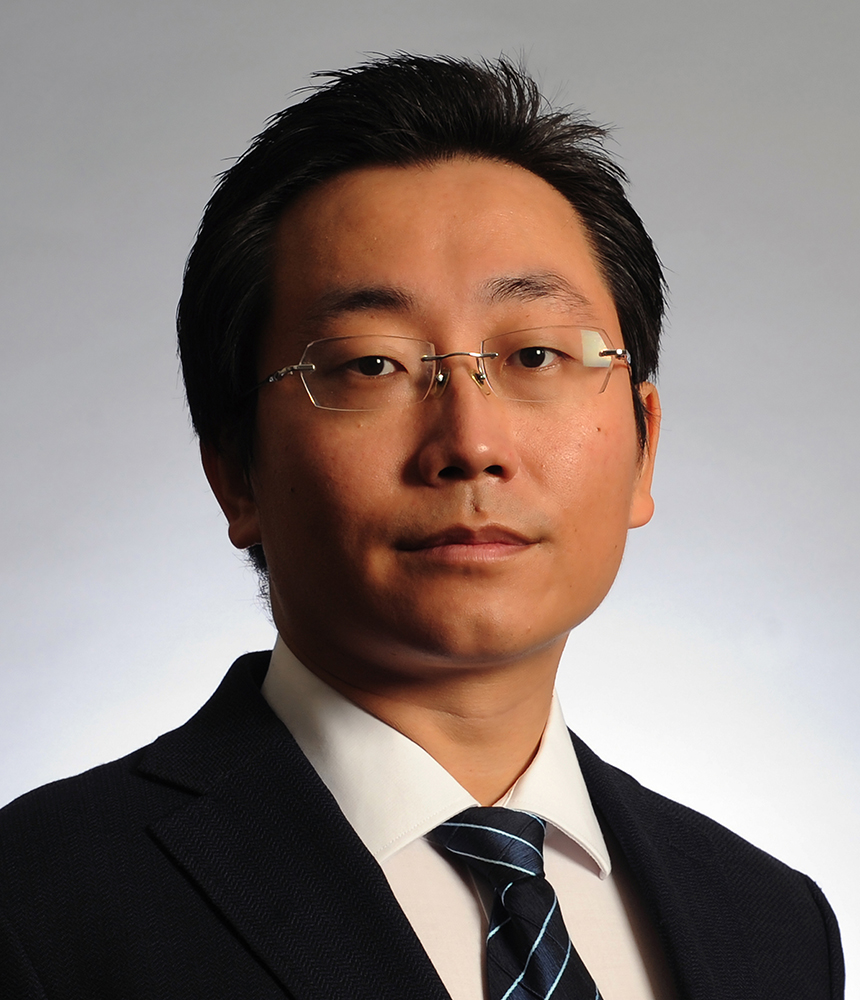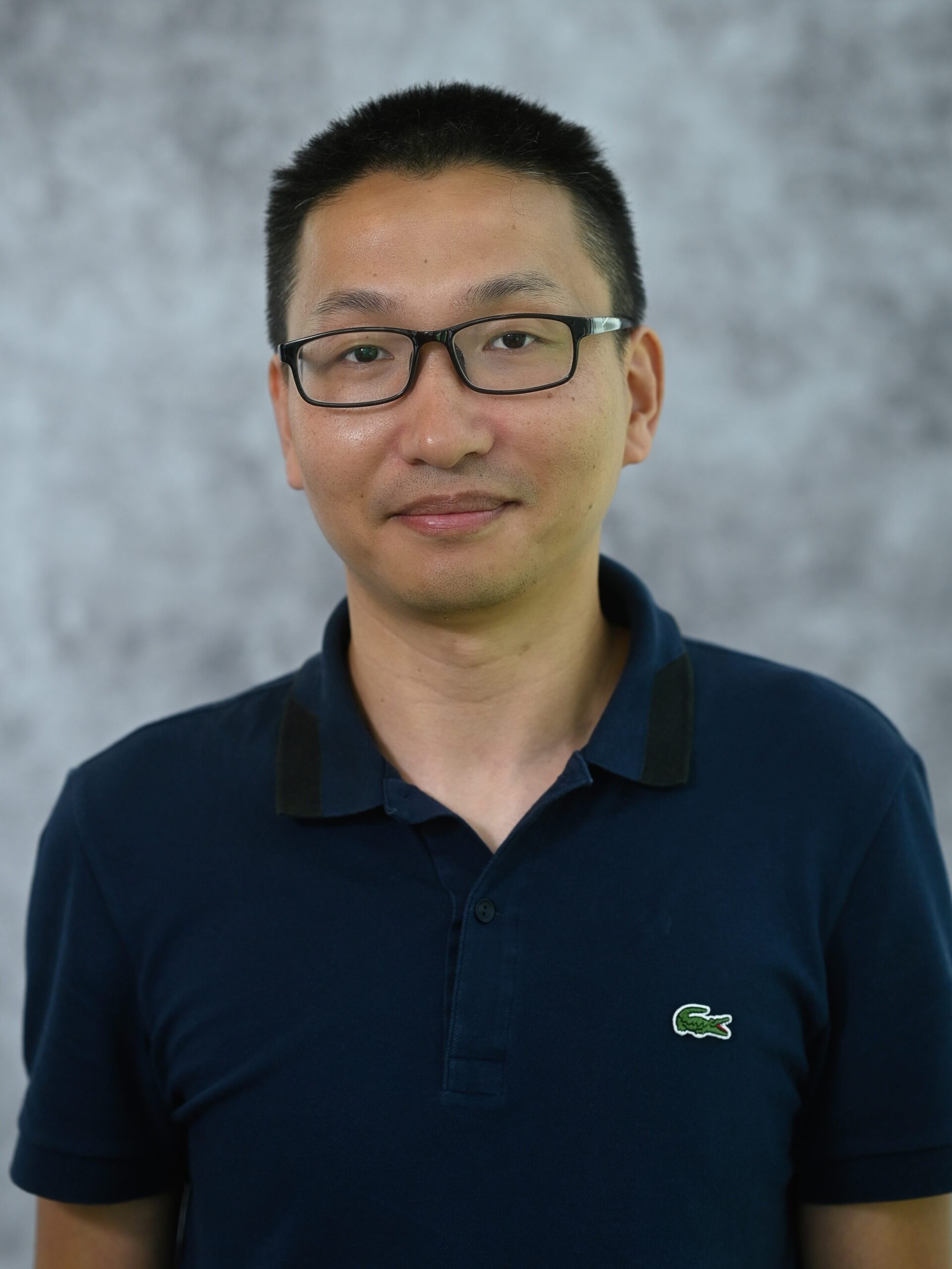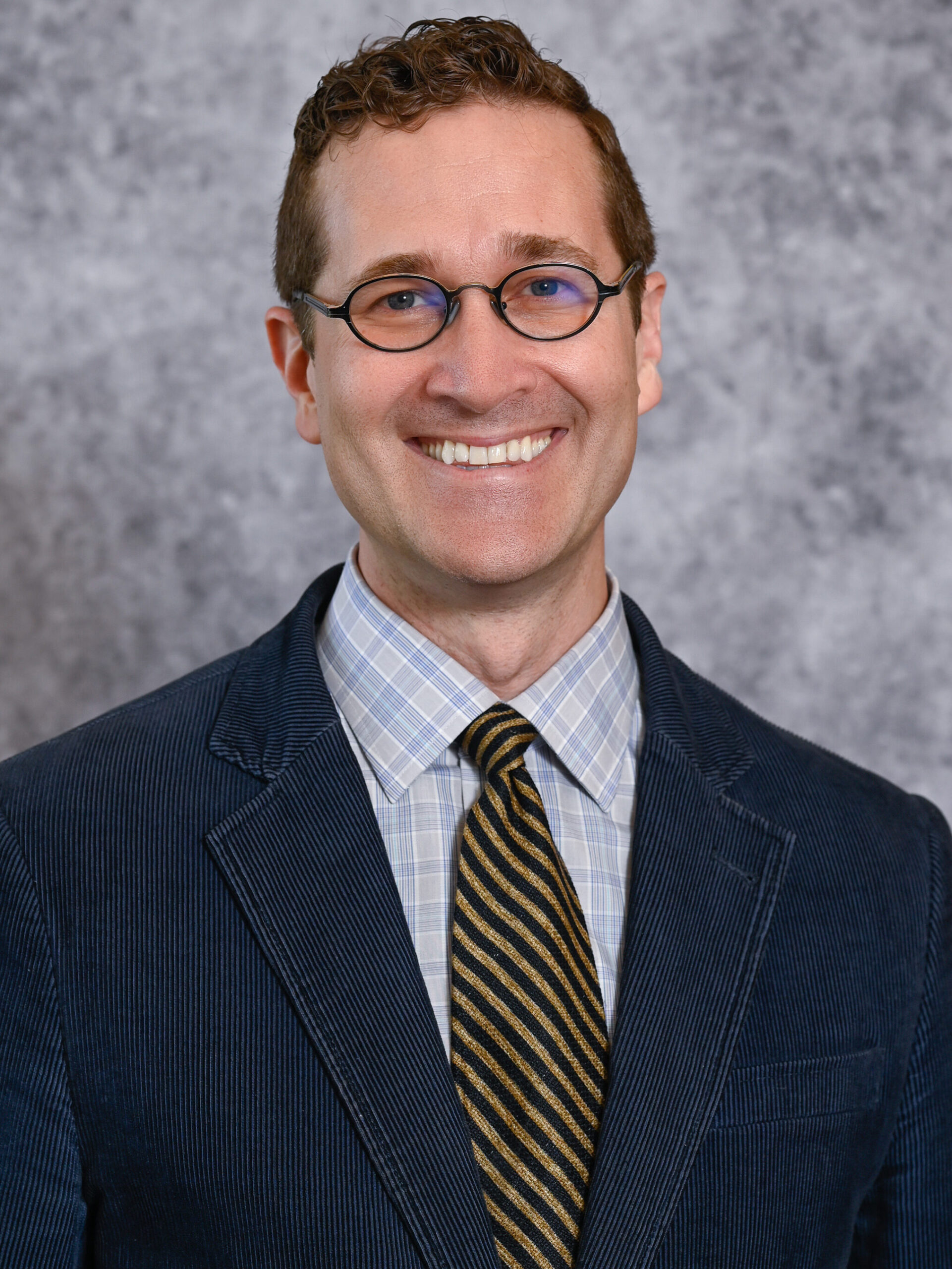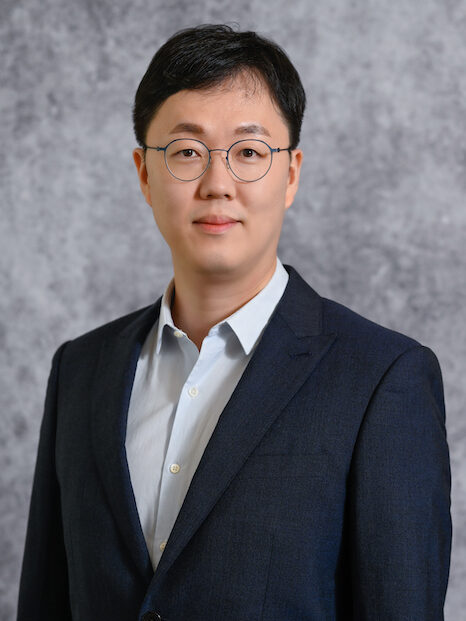People

Zhishan Guo
Zhishan Guo’s research interests lie in real-time scheduling theory, machine learning theory, and their applications to Cyber-Physical Systems. Specifically in real-time and embedded systems, his group is interested in providing provable timing and functionality guarantees and designing resource-efficient schedulers. On the application side, his group currently focuses on transportation and autonomous driving systems, personalized healthcare and medical sensing-control systems, and agricultural systems.

Muhammad Shahzad
Muhammad Shahzad’s research interests lie in the areas of networking and sensing systems. Within the networking systems, his work focuses on measurement, modeling, design, and analysis of network protocols for both wireless and wired networks. On the sensing side, his work focuses on using the wireless signals to perform sensing in variety of different environments, such as sensing the attributes of occupants in a smart environment, monitoring vitals and other characteristics of patients, sensing non-visual properties in agricultural settings, sensing the characteristics of built structures, and so on

Chenhan Xu
Chenhan Xu’s research focuses on the convergence of Internet of Things (IoT), Physiological Science, and Smart Health. Chenhan explores advanced embedded sensing and computing systems to enable high-impact real-world IoT applications. His research involves pioneering advancements in sensing and computing system paradigm, data analytics, signal processing, algorithm, and hardware innovations for 1. precision sensing that arguments IoT “resolution”; 2. novel human-IoT interface that increases human-IoT “bandwidth”; 3. pervasive and privacy-preserving mobile health that extends “coverage”.

Wujie Wen
Wujie Wen’s current research efforts include software-hardware co-design and design automation for efficient domain specific computing (including machine learning), as well as their applications to Cyber-Physical Systems (CPS). Specifically, he focuses on developing low-latency, resilient, secure, affordable, and implementable computing techniques, such as real time machine learning within embedded, energy-harvesting and Internet of Things (IoTs) devices. His group is particularly interested in applying new computing techniques and automating the deployment process for AI-driven data-intensive CPS like autonomous driving and medical systems.

John-Paul Ore
John-Paul’s research interests are broadly in the areas of software engineering, DevOps for Cyber Physical System (CPS), robotics, program analysis, and system testing using high-resolution physical simulators. His contributions include new software engineering methods that enable dimensional analysis without developer annotations for the Robot Operating System, new open-source tools that implement these methods, open datasets of dimensional inconsistencies found in the wild, and novel techniques in aerial field robotics for environmental monitoring. His research combines field robotics and software engineering (SE). Field robotics exposes the shortcomings of our ability to reason about whole systems with different levels of abstraction within realistic environments, and SE increasingly enables new capabilities to develop more dependable safety-critical systems.

Man-Ki Yoon
Man-Ki Yoon’s research interests are in trustworthy and accountable computing for autonomous systems (such as autonomous driving cars and unmanned aerial vehicles) and internet-of-things. He is interested in developing computer systems techniques that enable reasoning about why faulty events (e.g., accidents) happened, what components/parties are responsible, and whether evidence is trustworthy.
